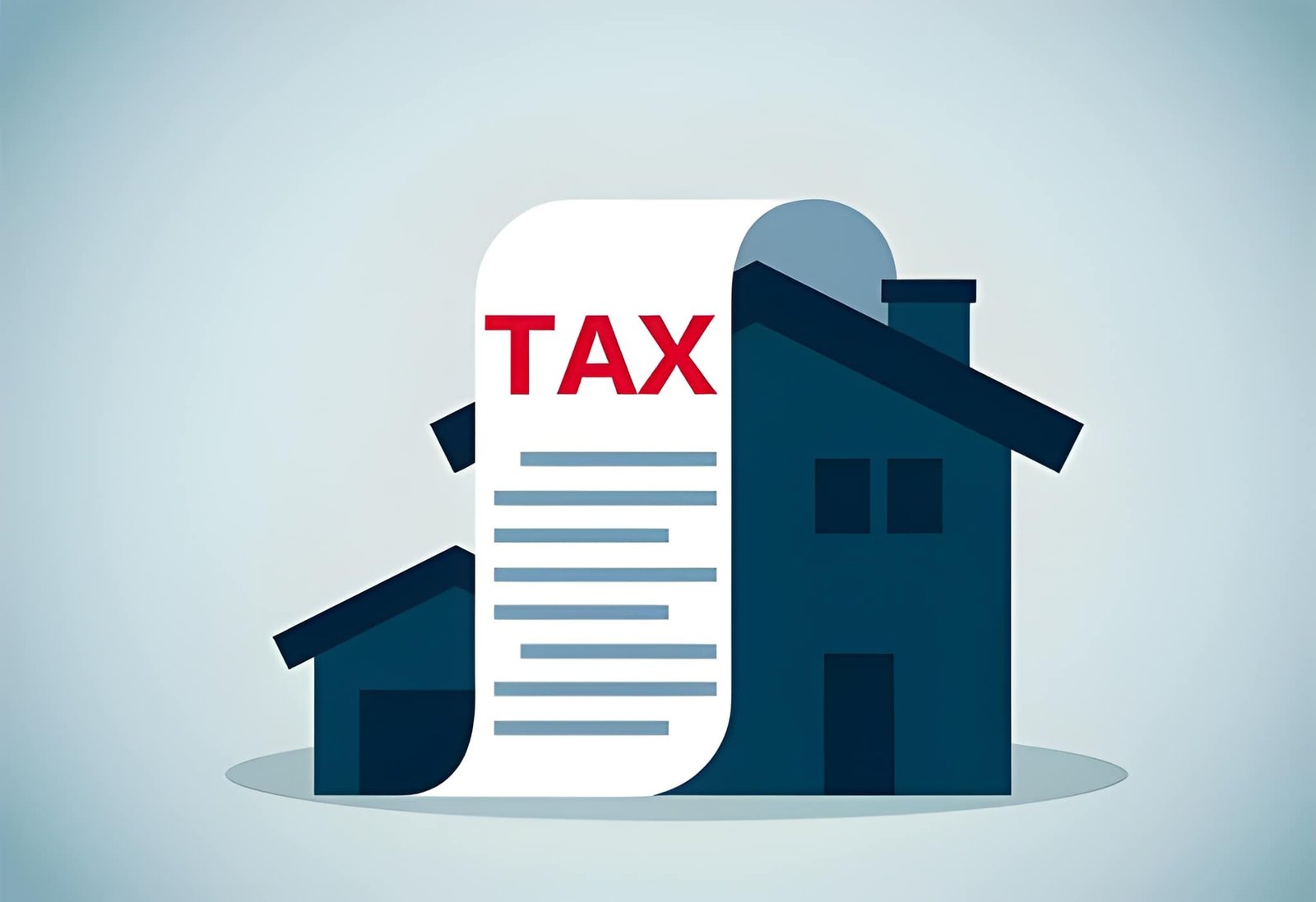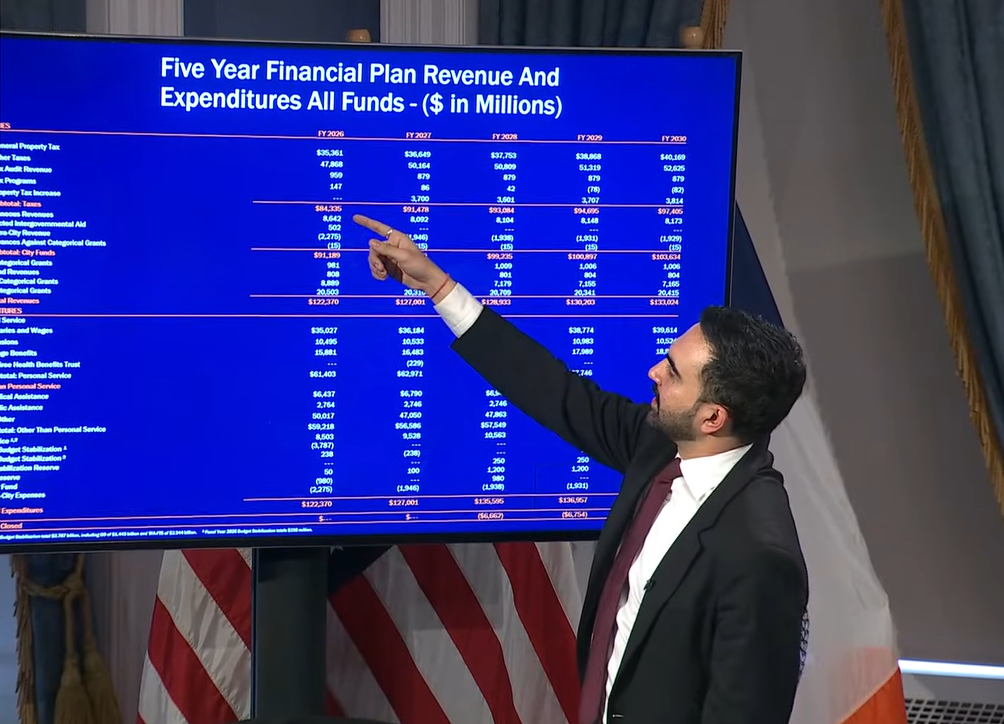Extra, extra, read all about it!
Are your clients clamoring for more information about the Tax Cuts and Jobs Act (TCJA), the massive tax reform legislation enacted just before the start of this year? Now they can find out all they need to know in new Publication, 5307, Tax Reform Basics for Individuals and Families. This is part of the IRS’ efforts to assist taxpayers with the 2018 tax returns they will be filing next year (IR-2018-209, 10/30/18).
The TCJA has resulted in the biggest overhaul of the tax code in decades. Although the new law completely revamps the tax rules for both individuals and businesses, the changes for individuals generally take effect in 2018 and are then scheduled to vanish after 2025. Conversely, most of the provisions relating to businesses in the new law are permanent.
New Publication 5307 focuses on the changes affecting 2018 federal income tax returns that must be filed in 2019. It includes valuable information about the following:
- Increases in the standard deduction;
- Changes to itemized deductions, including state and local tax (SALT) payments, mortgage interest, charitable contributions, casualty and theft losses and miscellaneous expense deductions;
- Suspension of personal exemptions;
- Removal of moving expense deduction and reimbursement exclusion;
- Changes for Child Tax Credit (CTC) and other family-based credits;
- Increase in alternative minimum tax (AMT) exemption amounts;
- Repeal of deduction for alimony payments;
- Reporting on health care coverage;
- Rules for recharacterizing a Roth conversion;
- Rules for retirement plan loans for employees leaving employment;
- Changes for ABLE plans; and
- Expansion of use of Section 529 accounts.
Taxpayers can access Publication 5307 at www.IRS.gov/getready, along with other important information about steps they can take now to ensure smooth processing of 2018 tax returns. For instance, taxpayers should gather all the documents they will need for filing and assemble these records in an organized manner.
Due to the slew of changes in the TCJA, refunds may be different than prior years for certain taxpayers. Some may even owe an unexpected tax bill when they file their 2018 tax return next year. To avoid any unpleasant tax surprises, the IRS is advising taxpayers to perform a Paycheck Checkup to help determine if they need to adjust their withholding or make estimated or additional tax payments now.
Do you know everything you need to know about the TCJA to benefit your clients? Take a page out of the same book by reviewing Publication 5307 and studying the intricacies. As a result, when your clients have questions about the new law changes at tax return time, you’ll have all the answers.
Thanks for reading CPA Practice Advisor!
Subscribe Already registered? Log In
Need more information? Read the FAQs



